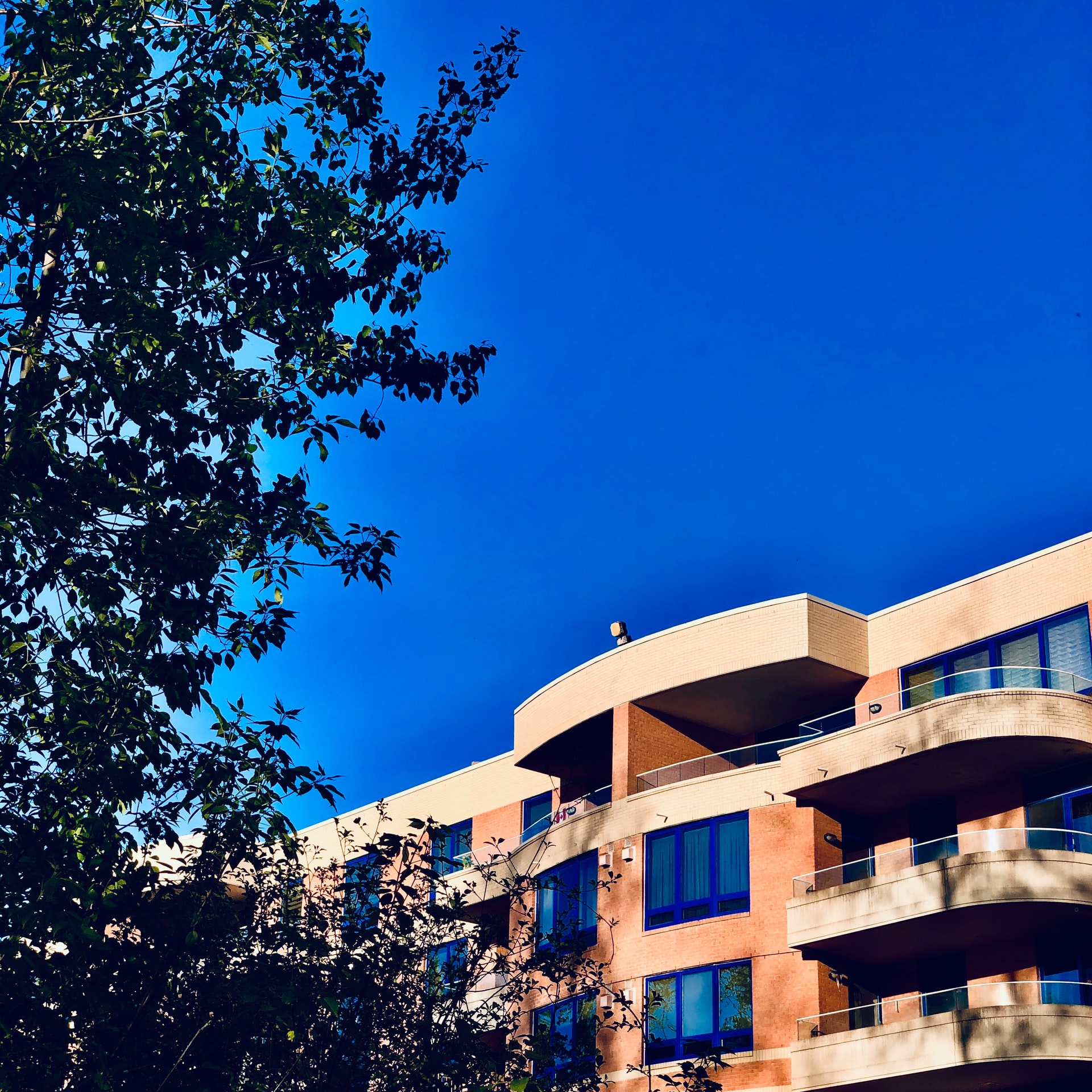Owning a rental property can be a profitable investment
but it’s not for everyone. Here are some questions to ask yourself before you take the plunge.
If you’re thinking of purchasing an investment property to rent out to tenants, you will need to do some serious research. There’s much more to being a landlord than putting up an ad on Craigslist — it’s like taking on a second job. You will need to factor in realistic financial projections, and carefully weigh the pros and cons of your decision.
Here are a few things to consider before purchasing a rental property.
1. Do you have enough saved for the down payment?
Under Canada’s new mortgage rules, you must come up with a down payment of at least 20 per cent for a small rental property holding from one to four units. This rule does not apply to borrowers whose principal residence also includes rental units.
2. How much income will the property generate?
You will need to do some research into the neighbourhood. What does rent typically cost, and what is the vacancy rate in that area? Don’t assume that you will always have a tenant — according to the Canada Mortgage and Housing Corporation (CMHC), the average vacancy rate in Canada’s 35 major centres is 2.5 per cent. To be safe, assume a four or five per cent vacancy rate into your financial projections, and don’t forget to calculate potential costs, such as repairs and maintenance.
3. Can you be a successful landlord?
Being a landlord is a second job. It’s not just about finding a tenant and letting the money come in every month. Not only do you have to be available to field emergency calls and keep up with maintenance such as routine fixes, yard work and even shovelling snow, but if you rent to the wrong tenant, you might have even bigger problems to deal with, such as non-payment of rent. Hiring a property manager can help, but that will greatly reduce your monthly profit from the property — and you never want to be in a negative cash-flow situation.
4. How will deductions affect your profits?
By deducting certain expenses from your income, you can reduce the taxes that you owe. Applicable expenses include mortgage interest, property tax, insurance, property management, maintenance and utility bills. You can also deduct any losses from your rental property. If your expenses exceed your rental income, you can subtract your losses from any other source of income you have coming in.
Purchasing a rental property can be a great way to diversify your investment portfolio, but it is a big commitment. Being a landlord is time-consuming, and not for people who are interested in an easy, passive income stream.
Want to learn more? Check out the Canada Revenue Agency’s Rental Income Guide, where you can get more information on deductible expenses, and most other issues regarding rental property.
We here at Capital Mortgages look forward to assisting you with Ottawa mortgage needs. Contact us today by calling us at: 613-228-3888 or email us direct at: info@capitalmortgages.com
You can use these links to APPLY NOW or CONTACT US.
You can also click here.

